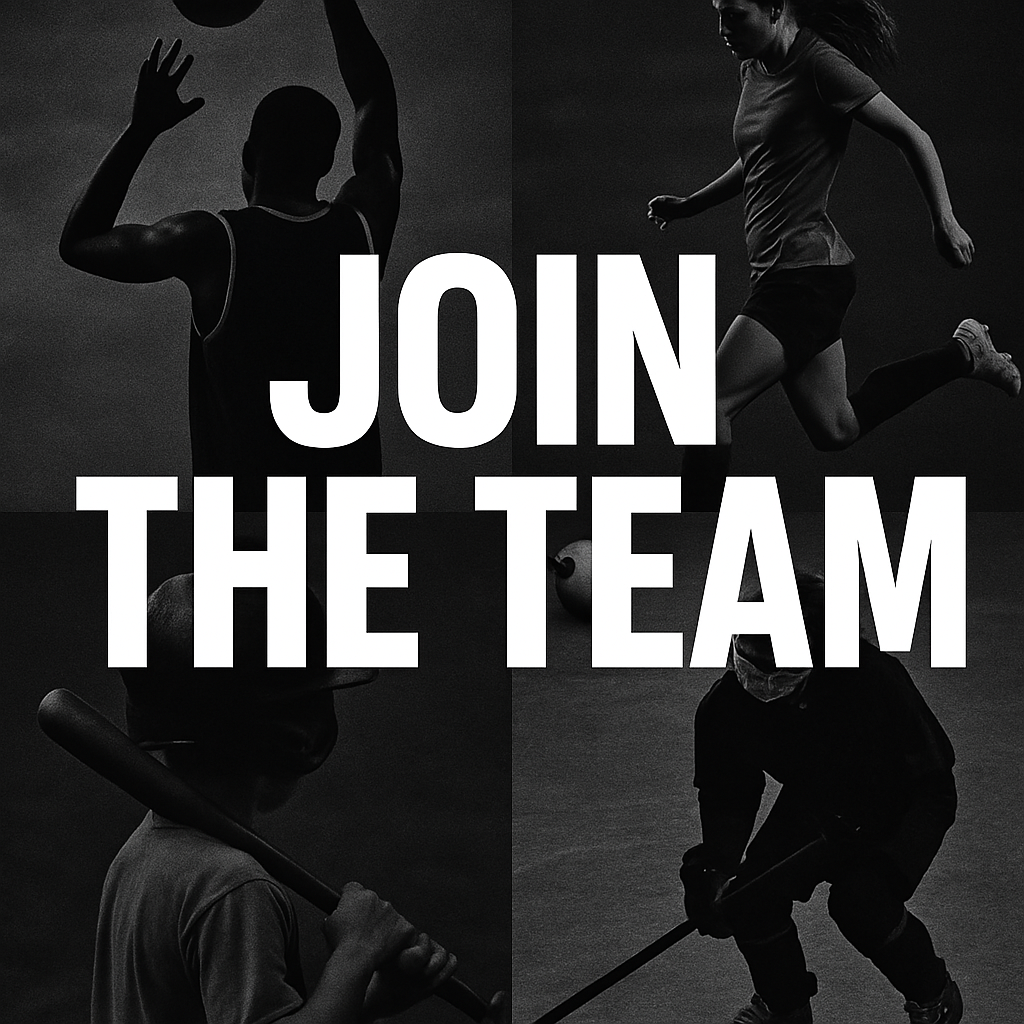Sports fundraisers are a great way to support teams, athletes, and community programs by raising money while bringing people together for a common cause. Whether you're fundraising for new equipment, travel expenses, or facility improvements, a well-organized event can make all the difference. Here’s a step-by-step guide to ensure your sports fundraiser is a success.
1. Set a Clear Goal 🎯
Before planning, define your fundraising target. Ask yourself:
✔ How much money do you need to raise?
✔ What will the funds be used for? (e.g., uniforms, travel costs, facility upgrades)
✔ Who is your target audience? (parents, local businesses, sports fans)
Having a specific goal helps you plan more effectively and motivates supporters to contribute.
2. Choose the Right Fundraising Event 🏆
Select an event that aligns with your audience and resources. Some popular sports fundraising ideas include:
✅ Sports Tournaments – Host a friendly game (basketball, baseball, soccer) with an entry fee.
✅ Walk-a-thon / Fun Run – Participants collect pledges based on distance completed.
✅ Silent Auction – Gather donated sports memorabilia or local business services.
✅ Merchandise Sales – Sell team-branded T-shirts, hats, or water bottles.
✅ Sponsorships – Partner with local businesses in exchange for advertising opportunities.
🔹 Pro Tip: Combine multiple strategies for maximum impact! For example, a charity baseball game with raffle prizes and a merchandise booth can generate more revenue.
3. Secure a Venue & Necessary Permits 📍
If you’re hosting a sports event, book a venue early and check for any required permits. Consider:
✔ Local parks, school fields, or community centers
✔ Parking and accessibility
✔ Weather contingency plans (for outdoor events)
If hosting online, ensure your platform (e.g., GoFundMe, Facebook, or a custom website) is easy to use and secure for donations.
4. Recruit Volunteers & Assign Roles 🤝
A great fundraiser requires teamwork. Assemble a committee and assign specific roles such as:
- Event Coordinator – Manages overall logistics.
- Sponsorship & Donations Team – Contacts local businesses for support.
- Marketing Team – Handles social media, flyers, and promotions.
- Finance Manager – Tracks funds, ticket sales, and expenses.
- On-Site Staff – Runs ticket booths, raffles, or event check-ins.
Having clear responsibilities ensures the event runs smoothly.
5. Promote Your Fundraiser 📢
The more people know about your event, the more funds you’ll raise. Use multiple platforms to spread the word:
✅ Social Media Marketing – Post on Facebook, Instagram, and Twitter. Create countdowns and teaser videos.
✅ Email Campaigns – Send updates and donation links to your network.
✅ Flyers & Posters – Distribute in schools, gyms, and local businesses.
✅ Local Media – Get featured in community newspapers, radio, or TV.
✅ Word-of-Mouth – Ask team members, parents, and friends to share.
🔹 Pro Tip: Offer early-bird discounts or exclusive merchandise for early sign-ups to boost participation.
6. Get Sponsors & Donors 💰
Approach local businesses for sponsorships or donations in exchange for advertising opportunities such as:
✔ Logo placement on event banners, jerseys, or programs
✔ Shoutouts on social media and event announcements
✔ Exclusive sponsorship of a specific activity (e.g., “ABC Company Home Run Derby”)
Offer different sponsorship tiers to appeal to both small and large businesses.
7. Engage Participants with Fun Activities 🎉
Make your event memorable by adding entertainment and engagement:
✔ Live Music or DJ – Creates a fun atmosphere.
✔ Photo Booth – Fans love taking pictures with mascots or themed props.
✔ Raffle Drawings – Offer sports gear, signed memorabilia, or local gift cards.
✔ Food & Beverage Stalls – Sell refreshments for extra revenue.
The more enjoyable the event, the more likely people will return and support future fundraisers.
8. Make Donations Easy & Accessible 💳
Offer multiple ways for people to donate:
💰 Online Donations – Set up a fundraising page with secure payment options.
💵 Cash & Card Payments – Use mobile payment apps like PayPal or Venmo.
📱 QR Codes – Place donation QR codes on flyers and event materials.
🎟 Ticketed Entry – Charge an entrance fee or sell VIP passes for special perks.
🔹 Pro Tip: Consider adding a “Text-to-Donate” option for quick and easy contributions.
9. Thank Your Supporters & Follow Up 🙏
After the event, show appreciation to everyone who contributed.
✔ Send thank-you emails or letters to donors and sponsors.
✔ Share event highlights on social media (photos, videos, testimonials).
✔ Announce fundraising results and how the money will be used.
✔ Invite supporters to future events or offer a VIP club for recurring donors.
Building long-term relationships increases the likelihood of continued support.
10. Evaluate & Improve for Next Time 📊
After the fundraiser, review what worked and what could be improved. Hold a meeting with your team to discuss:
✔ Total funds raised vs. goal
✔ Biggest challenges and solutions
✔ Best-performing fundraising methods
✔ Ideas for future fundraisers
Learning from each event helps you plan even better fundraisers in the future.
Final Thoughts
Organizing a successful sports fundraiser takes planning, teamwork, and creativity. By setting clear goals, engaging your community, and making donations easy, you can maximize your impact and reach your fundraising target.
Ready to Gear Up for Your Fundraiser?
At Nubreed Sports, we offer custom team jerseys, promotional gear, and sports equipment to make your fundraiser stand out. Shop Now and take your event to the next level!

